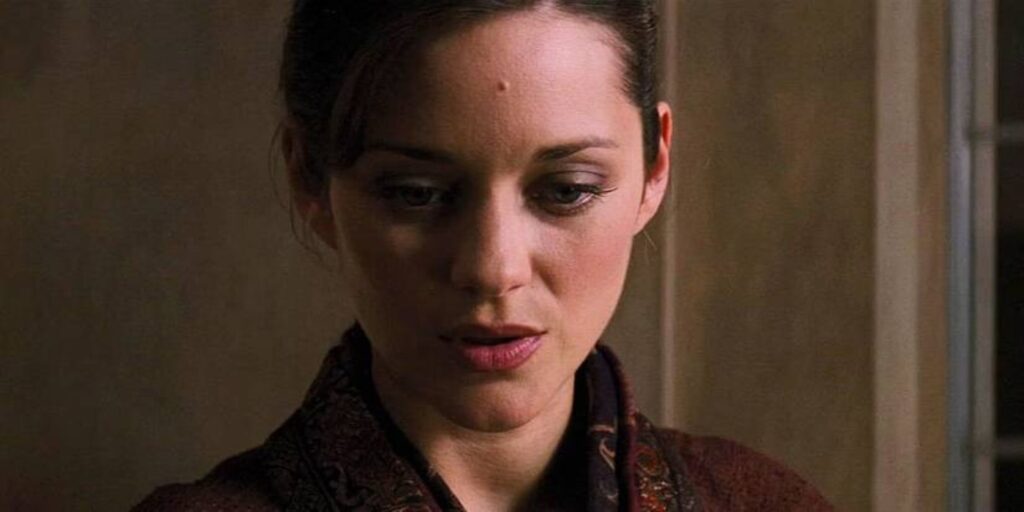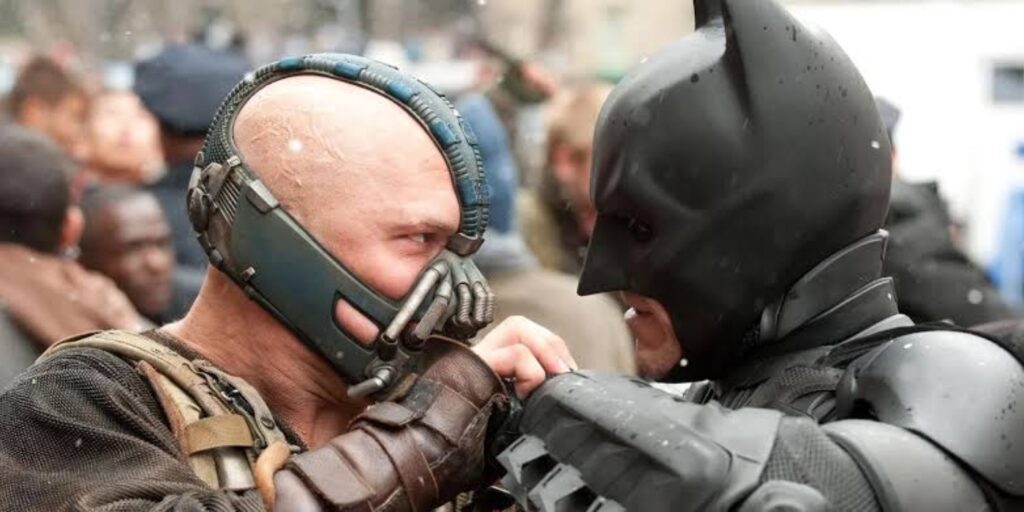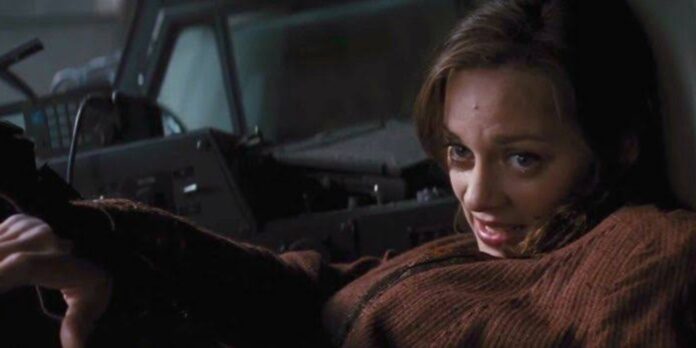Christopher Nolan’s Dark Knight trilogy is often hailed as one of the most thoughtfully crafted cinematic interpretations of a superhero mythos. From character psychology to grounded world-building, the films have built a legacy defined by depth and precision.
Yet, even among such strong foundations, one moment continues to stand out, not for its brilliance, but for the disappointment it left behind: the death of Talia al Ghul in ‘The Dark Knight Rises’.
Talia al Ghul’s Death Failed To Give Us An Emotional Conclusion

Portrayed by Marion Cotillard, Talia was meant to be the culmination of the League of Shadows’ influence on Bruce Wayne’s life. As the daughter of Ra’s al Ghul and the secret puppeteer behind Bane’s mission, she held weight. She was positioned not only as a threat but as someone with emotional ties to Bruce. However, her final scene failed to land with the gravity her character deserved.
Related: New James Gunn Bombshell Resets What We Thought We Knew About DCU’s Batman
The infamous death moment is repeatedly cited by fans and critics alike as one of the weakest sequences in the trilogy. The issue wasn’t Cotillard’s talent; she is a widely respected, Academy Award-winning actress. However, the staging and execution of the scene were underwhelming. The delivery felt abrupt, and the emotions were missing. In a trilogy defined by meticulous realism, the moment felt strangely out of sync.
Audiences described the scene as “awkward,” “unintentionally humorous,” and “tonally misplaced.” Her brief monologue, followed by a stiff head drop and cutaway, lacked the dramatic impact associated with the downfall of a major antagonist. Instead of a tragic, chilling farewell, viewers were left with something unintentionally hilarious. This scene’s shortcomings become even more noticeable when one considers the buildup to her reveal.
For most of the film, Miranda Tate is portrayed as an industrialist and Bruce’s ally, even developing into his romantic interest. The twist that she is Ra’s al Ghul’s daughter had the potential to be a powerful reveal. However, the rushed conclusion left a sense of being undercooked. For a character meant to symbolically link back to ‘Batman Begins’, her departure felt more like a leftover plot requirement. And for a love interest, her exit lacked resonance, intimacy, or memorability.
Ra’s al Ghul And Bane Had The Perfect Endings

The weak execution of Talia’s ending becomes even more noticeable when compared to the satisfying conclusions Nolan gave his other central antagonists, Ra’s al Ghul and Bane. Both villains had endings that felt purposeful. Ra’s al Ghul’s arc in ‘Batman Begins’ concluded with a morally conflicted confrontation. His death was not explosive or theatrical. After a climactic train sequence, Bruce chose not to directly kill him but also chose not to save him.
In case you missed it: Every Batman Actor Ranked, From Worst To Best
It was a defining ethical moment, reinforcing Batman’s internal code and his break from the League’s extremism. Ra’s death had a narrative impact because it was tied to the moral identity Bruce was still forming. Bane’s conclusion in ‘The Dark Knight Rises’ was also concise but impactful. Throughout the film, Bane was presented as a physical and ideological force unlike any Batman had faced. His presence carried menace and charisma.
When Catwoman intervened with the Batpod and killed him abruptly, some viewers debated the abruptness. However, both endings aligned with the tone and narrative weight of their respective arcs. They reinforced Batman’s journey and carried symbolic closure. They were definitive, satisfying, and respectful of the roles these characters played in shaping Bruce Wayne’s story. So, by contrast, Talia’s death scene didn’t offer the same energy or resolution.





